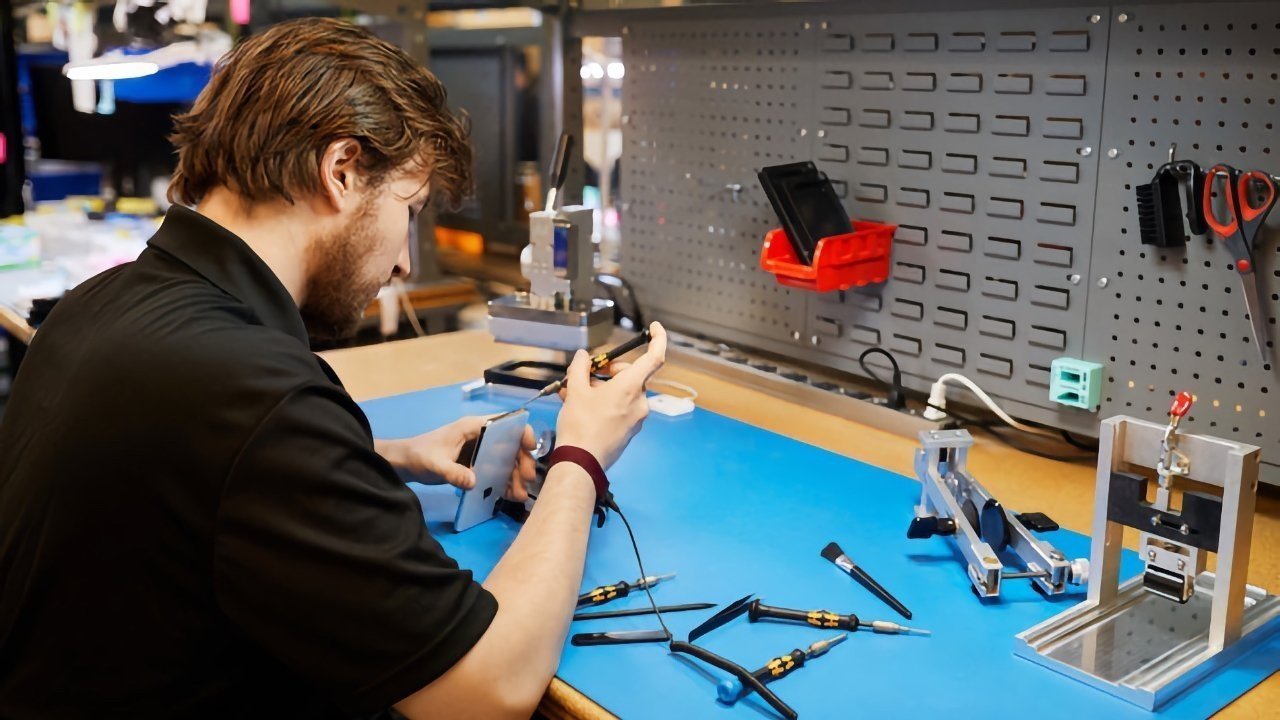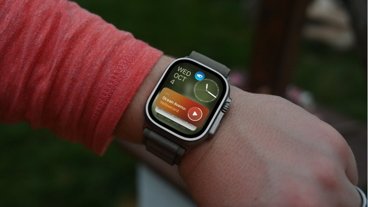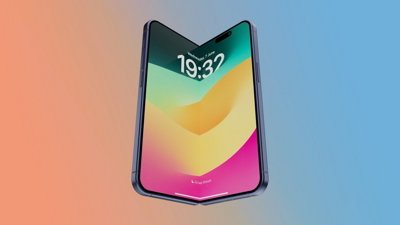Despite Apple lobbying hard against the bill, Oregon has passed its right-to-repair bill that outright bans the controversial practice of parts pairing in repairs.
On Wednesday, Oregon Governor Tina Kotek signed SB 1596 into law. The law is designed to make it easier for consumers to repair their own devices or have them repaired by someone outside of authorized service repair stations.
Most notably, the bill is the first of its kind to ban parts pairing. "Parts pairing" is a term that refers to Apple's practice of matching certain components, such as the screen or battery, with the specific iPhone they were originally installed in. This ensures that only genuine Apple parts are used in the device repair.
Apple has defended the practice by saying that it hasn't been designed to monopolize repairs but to make repair access easier. It claims that it ensures a device — and its data — remain secure during repair.
However, this practice has been controversial. It limits third-party repair options and has been criticized for creating a closed ecosystem that restricts consumer choice and potentially increases repair costs.
Critics argue that this practice hinders the right-to-repair movement by making it difficult for users to fix their devices independently or through non-authorized repair services. It's also known for generating a very large amount of electronic waste.
Currently, there are seven parts that trigger issues during repairs.
As The Verge points out, the bill also requires companies to make the same parts, tools, and repair documents available to owners as it does repair shops. Additionally, companies are not allowed to charge more for them.
The law does not apply to phones sold before July 1, 2021. However, it applies to other consumer electronics sold after July 1, 2015.
New York was the first US state to pass a Right to Repair bill, which is now law. However, it's so weak and watered down that it is virtually worthless for consumers.
 Amber Neely
Amber Neely








 Andrew Orr
Andrew Orr
 Malcolm Owen
Malcolm Owen
 William Gallagher
William Gallagher
 Christine McKee
Christine McKee


 Charles Martin
Charles Martin


-m.jpg)






25 Comments
What are the political reasons for the
"
From what I've read previously, parts pairing actually goes further, by definition, and stops known genuine Apple parts from working correctly when they are swapped from identical phone models.
Parts pairing itself doesn't have to be bad for third parties (users included) but control should be with the owner. It is the owner who should be made aware of changes and authorise them.
Not unlike 'unlocking' carrier phones in the past.
Right to repair is much needed, as is 'design for repair' and a guarantee of parts into the future. I'm glad that a full array of manuals will be available to users as well.
Will the lack of parts pairing cause more devices to be stolen? Apple should have the right to block parts from stolen devices to protect us.